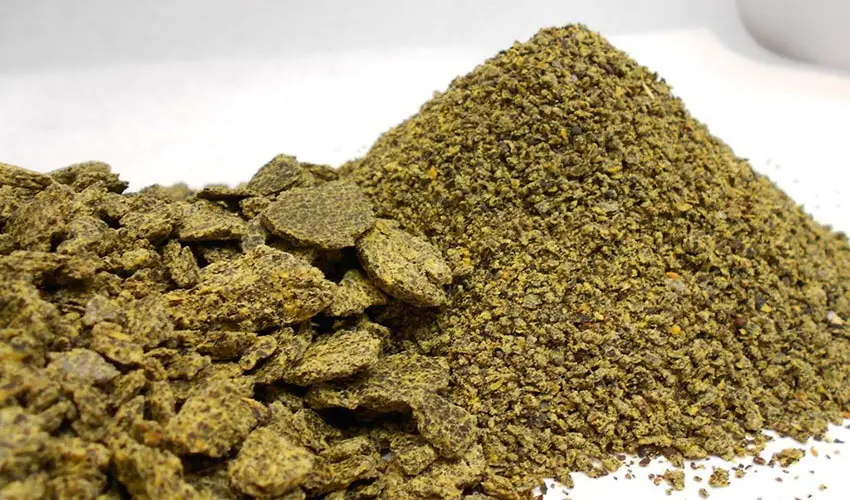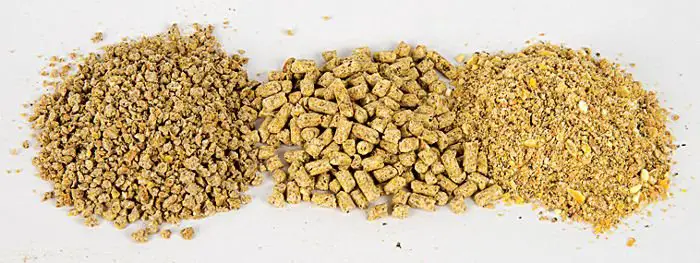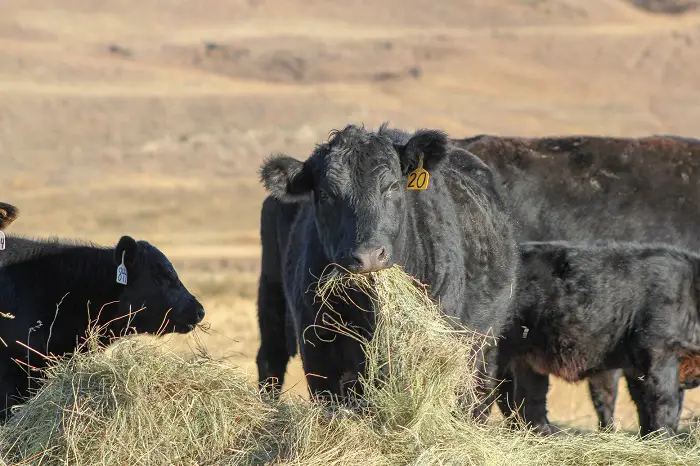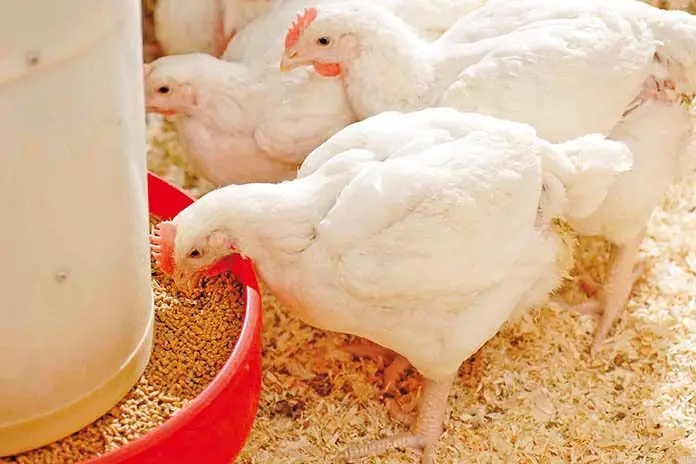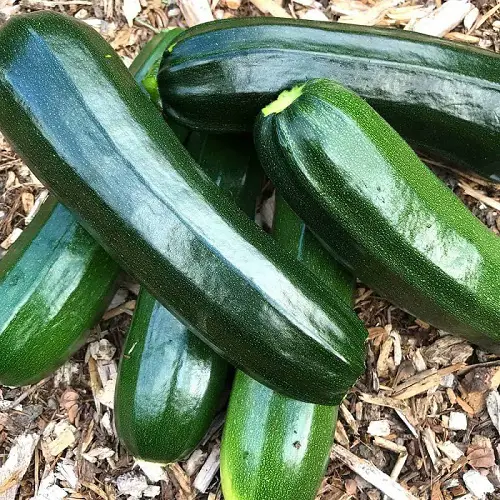As a farmer or hobbyist gardner, you may be tired of the environmentally harmful and toxic chemical fertilizers that you have been using all this time. So you want to try something new, something organic, something that is not only good for the environment but something you can confidently be sure is good (nutritious) for the ground you put the fertilizer on as well. If you have, at some capacity, thought about the above mentioned things (or something similar) then look no further than cottonseed meal fertilizer.
Contents
What You Need To Know About Cottonseed Meal
Cotton is one of the world’s most popular plants, it is a source of cotton fiber which is then processed to make one of the world’s most popular fabrics (cotton fabric.) You can imagine the demand and supply that comes on the part of the cotton plant so it is heavily farmed.
- Cottonseed is the seed of a cotton plant and cottonseed meal is when the seeds of the cotton plant have had all of their oils extracted. So cottonseed meal is a by-product in the process of harvesting the cotton plant. Because cottonseed meal is essentially derived from the cotton plant, it can be said to be organic.
- The cottonseed meal can then be used for a couple of things including being a rich source of food for various types of livestock or as a fertilizer for your plants.
Cottonseed Meal As A Fertilizer
A fertilizer is described as being a natural substance that is used to make the ground or soil more suitable and nutrient-rich for growing plants. Cottonseed meal fits this description perfectly. Depending on the health of the cotton plant(s) the cottonseed is taken from, cottonseed meal can be very good for the soil or ground on which you place it on.
- On a fertilizer pack or bag you will notice the letters NPK with a ratio (for example) like 6:3:2 not far off. The letters stand for; Nitrogen, Phosphorus and Potassium. The letters are actually the chemical symbols (from the periodic table of elements) of these substances/ elements. Nitrogen, Phosphorus and Potassium are very important minerals (inorganic elements that are essential for nutrition) for the growth of a plant.
- The minerals listed above are important (in one way or another) for helping the plant grow, then produce flowers which then produces fruit, which then help disperse their seeds. What is good is that all of these minerals (and many other nutrients) are present in cottonseed meal. And that is one of the main reasons you can use it as a fertilizer, without having to worry about the burning or damaging effects of a chemical fertilizer if used in excess.
Cottonseed Meal Fertilizer For The Environment
Cottonseed meal fertilizer has a pH that is less than 7, this basically means it is acidic. But if the soil or ground it is placed on is alkaline or basic (which means it has a pH of more than 7 as opposed to acidic.) Then the cottonseed meal will help neutralize (it will have a pH value of exactly 7) the soil or ground and make it suitable for most plants.
- Some plants appreciate a higher acidity as opposed to a neutralized or basic ground, that is to say they thrive better in acidic environments than in neutral or basic ones. However some prefer basic, and this information is crucial because you need to know it for your plants in particular.
- You will notice which side of the pH scale your plants prefer the most when you start to use cottonseed meal as a fertilizer because it may stunt or rapidly increase the growth of your plants.
- It is advised by botanists alike to use (in addition to the cottonseed meal fertilizer) a sizeable amount of lime to help counter the potentially damaging effects of the acidity of cottonseed meal fertilizer.
- You can test the acidity or alkali qualities of your soil by using a pH indicator like litmus paper (which turns to a certain color on the pH scale when exposed to acidic, neutral or basic substances.) If it just so happens that your soil or ground is already acidic then it will be bad for the environment to add more acidity to it. But if the soil is basic, then adding cottonseed meal to it will help neutralize the soil. Making the plants more (or not) likely to thrive there.
More About Cottonseed Meal Fertilizer
- Cottonseed meal is rich in protein and so is also usually used as feed for most livestock. It is much more affordable too. That is why cottonseed meal is also looked to as an alternative fertilizer than other of its (more expensive) chemical or synthetic counterparts.
- Some cotton plants are grown with the aid of chemical fertilizers, and so on, because of the high demand for cotton. So to call cottonseed meal fertilizer organic in such a case would be false. Organic substances are ones that are grown in nature, using only naturally occurring means to grow and sustain them and nothing else. If this is the case, the chemicals in the fertilizers will often make their way to the seed so even after harvesting the cottonseed may still have within it some toxicity.
- But cottonseed meal fertilizer manufacturers often deal with this issue by composting (causing to decay) the cottonseed meal before packaging it into fertilizer. This helps to get rid most if not all the excess toxins that may be in the cottonseed.
Conclusion
So is cottonseed meal fertilizer any good? Well absolutely. You just need to familiarize yourself with what type of plants you have and how to take good care of them and their nutritional needs because cottonseed meal fertilizer may be very beneficial to the growth and development of your plants in particular. Despite having essential minerals for the plants. Cottonseed meal fertilizer is good because it can also be beneficial to the ground on which your plants are on or on which you put it on.
